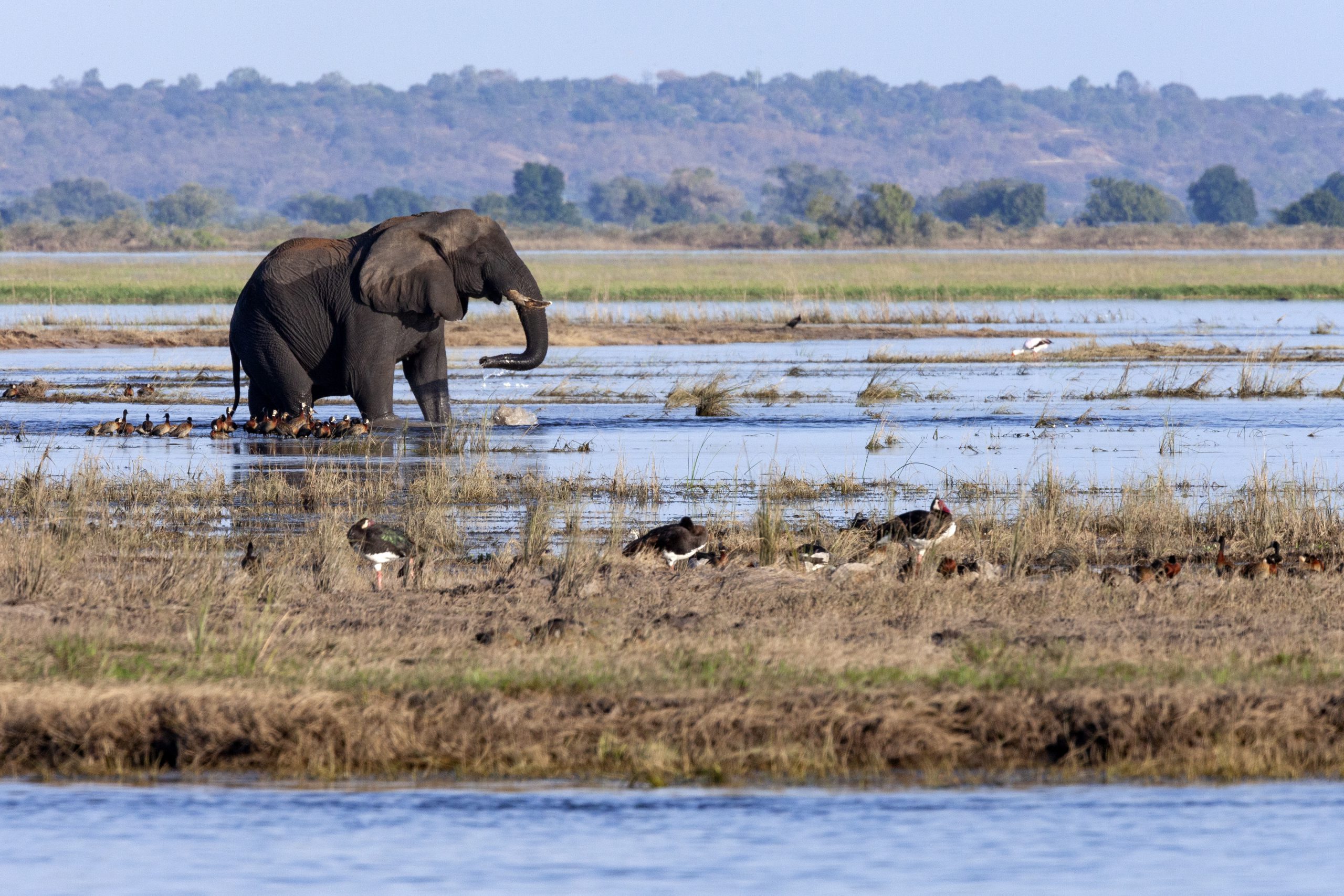
Cannes loves Sean Penn, who served as the festival’s 2008 jury president. If it’s spring, and he has a movie ready, either as an actor or as a director, there’s a good chance that film is going to land in competition. Longtime festgoers with memories of getting beaned by the tortured self-seriousness of “Flag Day” (2021) and “The Last Face” (2016)—and, to a lesser extent, of the Doug Liman–directed “Fair Game” (2010)—might be forgiven for approaching this year’s Penn vehicle, “Black Flies,” directed by Jean-Stéphane Sauvaire, with a measure of trepidation.
Fortunately, it’s a much sturdier movie than any of those films, a make-’em-like-they-used-to gritty New York picture about the lives and minds of mean-streets paramedics. In this case, the “they” in “make-’em-like-they-used-to” is Martin Scorsese, and the “’em” is his 1999 film “Bringing Out the Dead,” to which “Black Flies” bears many, many similarities, although it never has much hope of matching it.
Tye Sheridan plays the Colorado-raised Ollie Cross, a rookie paramedic who, until he improves his MCAT score, is biding his time riding shotgun in an ambulance in the East New York and Brownsville areas of Brooklyn. His senior partner is Gene Rutkovsky (Penn), who has the apt nickname Rut. Rut is more seasoned and less easily fazed; at one point, he shares memories of being a 9/11 first responder. But he is also more disillusioned, and he is increasingly convinced that sometimes less care is more.
This is mainly an episodic film, as Ollie and Rut spend nights paying house calls to victims of gun violence, domestic abuse, drug addiction, and homelessness. The dialogue in these emergency scenes comes across as credible and well-researched. Penn, as usual, lays on the leatheriness a bit thick, but in Rut, he has a real part to apply it to, for the first time in what seems like a while.
“Black Flies” is interested in the psychological impact that the parade of trauma has on Ollie. Like “Bringing Out the Dead,” it imagines its protagonist as being prone to hallucinations, and to seeing the whole city as if were being constantly strobed by the red flash of siren lights. (Occasional bits of Christian iconography also seem taken, in this context, from Scorsese. This movie really needs more of its own material.)
If Sauvaire, who was born in France but lives in Brooklyn, makes effective use of real locations (snazzily shot at night by David Ungaro), his senses of atmosphere and proportion sometimes falter. It’s not clear why he thought it would be a good idea to score chest compressions to Wagner’s “Das Rheingold,” or why he decided casting Mike Tyson as Ollie and Rut’s chief made sense. (Apparently the reason is that Tyson spent part of his childhood in Brownsville, but he is a ridiculous distraction in the role all the same.) “Black Flies” deserves the flak it will take for its anguished machismo and for seriously belaboring its finale. But by Penn-Cannes standards, the movie is the right kind of overwrought.
If you know the work of Wang Bing, you might have an idea of what to expect from “Youth (Spring),” a rare documentary to appear in the Cannes competition, and an absolutely worthy one. To a degree, Wang is China’s answer to Frederick Wiseman, in the sense that he gravitates toward nonintrusive documentaries with epic lengths, although his focus, broadly speaking, is more on individuals than on institutions. (And there is a funny moment here when two women ascending a staircase discuss the camera’s semi-intrusive presence.)

“Youth (Spring)” was shot between 2014 and 2019 in the city of Zhili, China, which, at least as it’s presented in this film, consists of endless gray rows of textile workshops, many located on a street called Happiness Road. Garbage is everywhere. The textile workers, who have generally come from afar and tend to be in their late teenage years and 20s, live in unfinished-looking dorms. “Youth (Spring)” in some ways plays like a companion piece to Wang’s film “‘Til Madness Do Us Part” (2013), almost all of which was shot in a mental hospital. The goal is to immerse viewers in a circumscribed environment, with only occasional breaks in the pattern. By the time the three hours and 32 minutes of “Youth (Spring)”‘ have passed, viewers will probably be weary of the glow of tube lights and the jarring whir of sewing machines. But that is by design.
The workshops all have names, but they look much the same, and the conversations keep circling back to the same topics. People seek romantic partners within the workshops’ walls. Right from the beginning, Wang emphasizes that even relationships have an economic dimension: The first two people we meet in the film are a couple, and a pregnancy forces them to make choices about whose family to live with, which in turn will have implications for their livelihood. As the film progresses, the workers are shown making more assertive pushes for better wages, only to be rebuffed by high-handed managers.
Like all of Wang’s films, “Youth (Spring)” requires some patience, but during its longueurs, it is useful to reflect on the title. For the youth featured in “Youth (Spring),” what’s shown in the movie is practically their entire world.
Catherine Corsini’s competition title “Homecoming“ arrived at Cannes with a cloud over it: As has been widely reported, the festival deferred a decision on including the movie “following reports of problematic events and harassment on set,” according to Le Monde. After looking into the charges, the festival ultimately decided to include the film. Corsini and the film’s producer, Elisabeth Perez, have denied wrongdoing, according to Deadline, The Guardian, and other publications.
“Homecoming” itself is pretty low-key; it wouldn’t stand up to much scrutiny under normal circumstances, let alone as the subject of contoversy. The plot concerns the return of two sisters—Jessica (Suzy Bemba) and Farah (Esther Gohourou)—to Corsica, where they were born and where their mother, Khédidja (Aïssatou Diallo Sagna), took them away from. They learn a bit more about their childhoods, about the dead father, and about themselves; notably, Jessica begins a summer fling with Gaïa (Lomane de Dietrich), the daughter of the couple who employ Khédidja as a nanny.
The actresses who play the sisters are especially strong, but the script (by Corsini and Naïla Guiguet) overemphasizes their naivete, treating their time in Corsica almost as if it constituted the only formative experience of their lives. In particular, the character of Jessica, the older sister, soon to study political science as an undergraduate, would almost certainly be more worldly than the film’s plotting and situations permit her to be.




